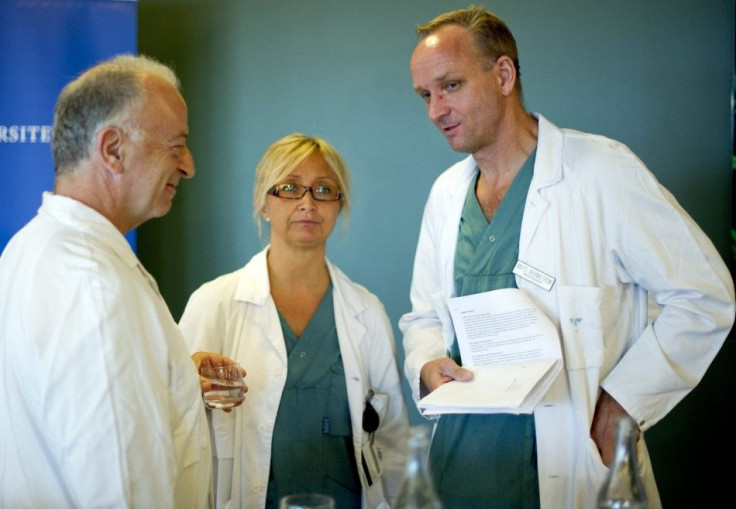Two Women Have Wombs Transplanted From Their Mothers; A First For UK Doctor

Two mothers from the UK donated their wombs to their daughters. The daughters are the first pair to give birth using the womb from which they were born.
According to the Daily Mail, this procedure will help over 15,000 British women who were born without a womb or had it removed, but still want to have children. Nine women had their wombs transplanted, of which these two mothers too donated. Out of the nine, seven have succeeded. Four of the women became pregnant while three of them have had babies.
Allan Pacey of the British Fertility Society said that it was a good success rate for a new surgical procedure. He added that if things went on this way, then it might have a huge impact on things like surrogacy. He also said that women preferred to have their own baby than watch another woman be pregnant.
Both the babies born are boys and were born in Sweden. One of the two daughters who received the womb, a 29-year-old Swede, lacked a womb at birth and the other one, a 34-year-old woman, had her womb removed as a part of treatment for cancer. The first baby born weighed 5lb 8oz and the other weighed 5lb 15oz. Both the babies were born a month early and were delivered through a Caesarean section.
A professor in foetal medicine at King's College London, Henrik Hagderg, was present at the first birth and praised the grandmothers for their gift to their daughters as they had to undergo the process of hysterectomy. He said that it was an absolutely extraordinary gift and was the best thing one could do for a daughter. He added that the mothers were doubting if everything could go well and that one usually doesn't take anything for granted when they have experienced problems in the past.
Professor Hagberg said that the procedure which takes about ten hours could be shortened, making the procedure more attractive. He said that he was an optimist and was sure that it looked promising.
The medical director of Create Fertility in London, Professor Geeta Nargund, said that there was no doubt that the birth of the two babies was encouraging as well as that it was evidence that the project was successful. She said that it was promising for women who need womb transplants but was something that would happen only in specialist centres and would not be widespread like IVF.





















